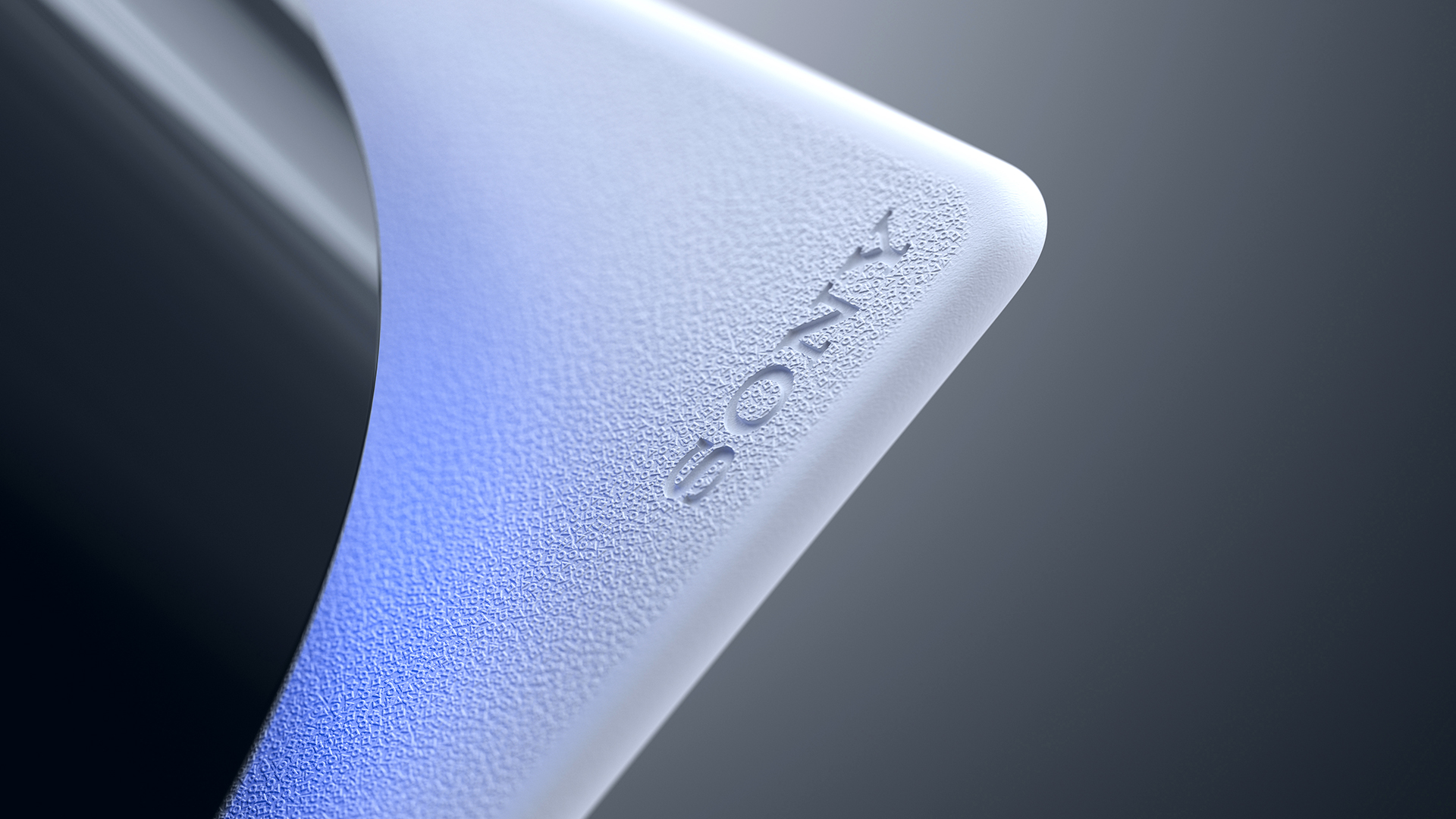New PS5 heat sink: what the revised cooling system means for you
The revised model is rolling out now

A new model of PS5 is starting to roll out with an altered cooling system, but so far it seems like no reason to scramble to get your hands on one of the old ones.
If you've been following the roll out of the new PS5 Digital Edition (which was first clocked back in July), you already know that it's about 300 grams lighter. The mystery was where that weight was reduced. Then the cause was finally laid bare when YouTuber Austin Evans posted a breakdown over the weekend where he took both consoles apart and found that a smaller heatsink with a reduced amount of heat-conducting copper was responsible for nearly all of the weight reduction.
Then he measured the temperature of the heat exhaust coming from an original PS5 Digital Edition (model number CFI-1015B) versus the new one (model number CFI-1100B) and found the latter ran about 5 degrees Celsius hotter. Evans said this heat discrepancy made the new console worse than the old one in the long run, and the PlayStation community exploded.
It sounds bad that a new hardware revision would put out more heat than an old one, right? Isn't cooler better? Well, it's tough to say that just from measuring the heat of the exhaust. Pushing out more hot air could mean worse heat management overall, or it could mean the new cooling system is simply doing a better job of moving heat from inside the console to outside the console. Speaking of which, the new version also seems to have a new fan design.
Whatever the case, Digital Foundry ran its own tests on the new hardware and found that, even in the most demanding gameplay situations, the new console's fan never spun up faster (or louder) than the old one. If the smaller heat sink was worse at keeping PS5 where it needs to be in terms of heat, it follows that the fan would spin faster to compensate. The outlet also notes that Sony's internal clock-adjusting, performance-boosting algorithm for PS5 is based on a single 'model' processor, so the temperature variance of individual consoles working within normal operating conditions shouldn't affect performance.
The takeaway for folks who are still hunting to find a PS5 restock is that, unless you're really worried about having the biggest possible cooling solution - whether or not your console actually needs it - you probably don't need to worry about which model you get.
If you're still trying to buy any version of Sony's new-gen console, you can check out our PS5 bundles guide to find the best deals available.
Weekly digests, tales from the communities you love, and more
I got a BA in journalism from Central Michigan University - though the best education I received there was from CM Life, its student-run newspaper. Long before that, I started pursuing my degree in video games by bugging my older brother to let me play Zelda on the Super Nintendo. I've previously been a news intern for GameSpot, a news writer for CVG, and now I'm a staff writer here at GamesRadar.



